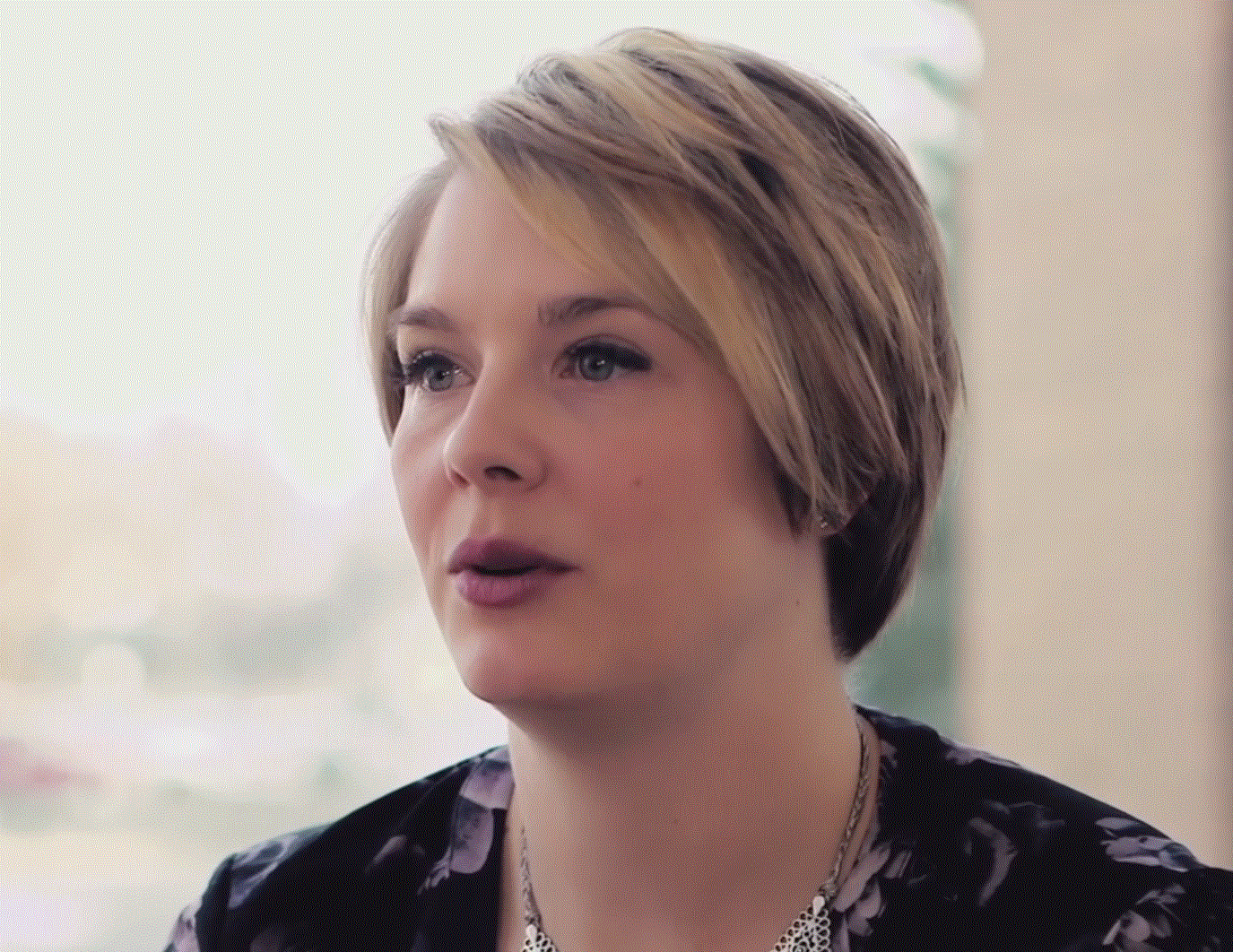A majority of UK drivers have no idea of how to read a map and are likely to find themselves hopelessly lost without their satellite navigation (satnav) system.
That's the shocking finding of a UK vehicle leasing company which has found that people rely on their electronic devices so heavily that they often have no idea of the route they've taken to reach their destination.
In addition, Flexed.co.uk has found that virtually everybody who has used a satellite navigation device has found themselves lost
A majority of UK drivers have no idea of how to read a map and are likely to find themselves hopelessly lost without their satellite navigation (satnav) system.
That's the shocking finding of a UK vehicle leasing company which has found that people rely on their electronic devices so heavily that they often have no idea of the route they've taken to reach their destination.
In addition, %$Linker:2 External <?xml version="1.0" encoding="utf-16"?><dictionary /> 0 0 0 oLinkExternal Flexed.co.uk Visit flexed website false http://flexed.co.uk/ false false %> has found that virtually everybody who has used a satellite navigation device has found themselves lost in the last mile of a journey at some time or other because it is unable to take them to the exact spot to which they're driving.
Flexed spoke to 1,150 private and commercial drivers about their satellite navigation use, and found: seven per cent of people who use a satnav rely on it totally on a journey; 63 per cent of drivers don't bother with road signs when they're using a satnav device; 60 per cent say they can't read a paper map; 81 per cent say they probably wouldn't find an unfamiliar place again if they had used satnav to get there in the first place; 91 per cent say they've got lost in the last mile of a journey because the device has announced they've arrived ‘too early; only nine per cent said they research the route before taking an unfamiliar journey.
"It's becoming very clear that satellite navigation is making drivers lazy," says Flexed.co.uk spokesman Johnny Ratcliffe, "And it's got to the point where people arrive at their destination with no clear idea how they got there.
“In the old days it would have been a map, forward planning and using the eyes in my head.”
Flexed.co.uk urges drivers to do the same and says that people should become more familiar with the forgotten skills of map-reading.
That's the shocking finding of a UK vehicle leasing company which has found that people rely on their electronic devices so heavily that they often have no idea of the route they've taken to reach their destination.
In addition, %$Linker:
Flexed spoke to 1,150 private and commercial drivers about their satellite navigation use, and found: seven per cent of people who use a satnav rely on it totally on a journey; 63 per cent of drivers don't bother with road signs when they're using a satnav device; 60 per cent say they can't read a paper map; 81 per cent say they probably wouldn't find an unfamiliar place again if they had used satnav to get there in the first place; 91 per cent say they've got lost in the last mile of a journey because the device has announced they've arrived ‘too early; only nine per cent said they research the route before taking an unfamiliar journey.
"It's becoming very clear that satellite navigation is making drivers lazy," says Flexed.co.uk spokesman Johnny Ratcliffe, "And it's got to the point where people arrive at their destination with no clear idea how they got there.
“In the old days it would have been a map, forward planning and using the eyes in my head.”
Flexed.co.uk urges drivers to do the same and says that people should become more familiar with the forgotten skills of map-reading.







